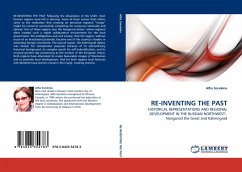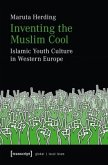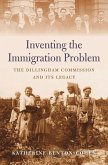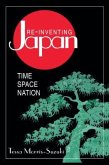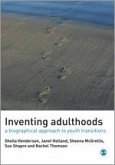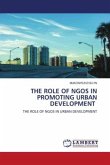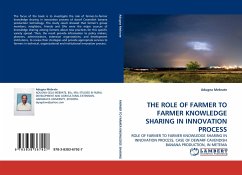RE-INVENTING THE PAST Following the dissolution of the USSR, most Russian regions were left in disarray. Some of them sooner than others came to the realization that creating an attractive regional "image" might be crucial to successfully competing for resources nationally and abroad. One of these regions was the Novgorod oblast,' where regional elites created such a stable collaborative environment for the local government, the intelligentsia and civil society, that the region, without much of an investment potential, became one of the country's leaders in attracting foreign investment. The second region, the Kaliningrad oblast, was chosen for comparative purposes because of its extraordinary historical background, its complex search for self-indentification, and its unusual present day positioning as the enclave of the European Union. Both regions have attempted to create favourable images of themselves and to promote local development. And for both regions local histories and identities have proven crucial in the image- creating exercise.
Bitte wählen Sie Ihr Anliegen aus.
Rechnungen
Retourenschein anfordern
Bestellstatus
Storno

